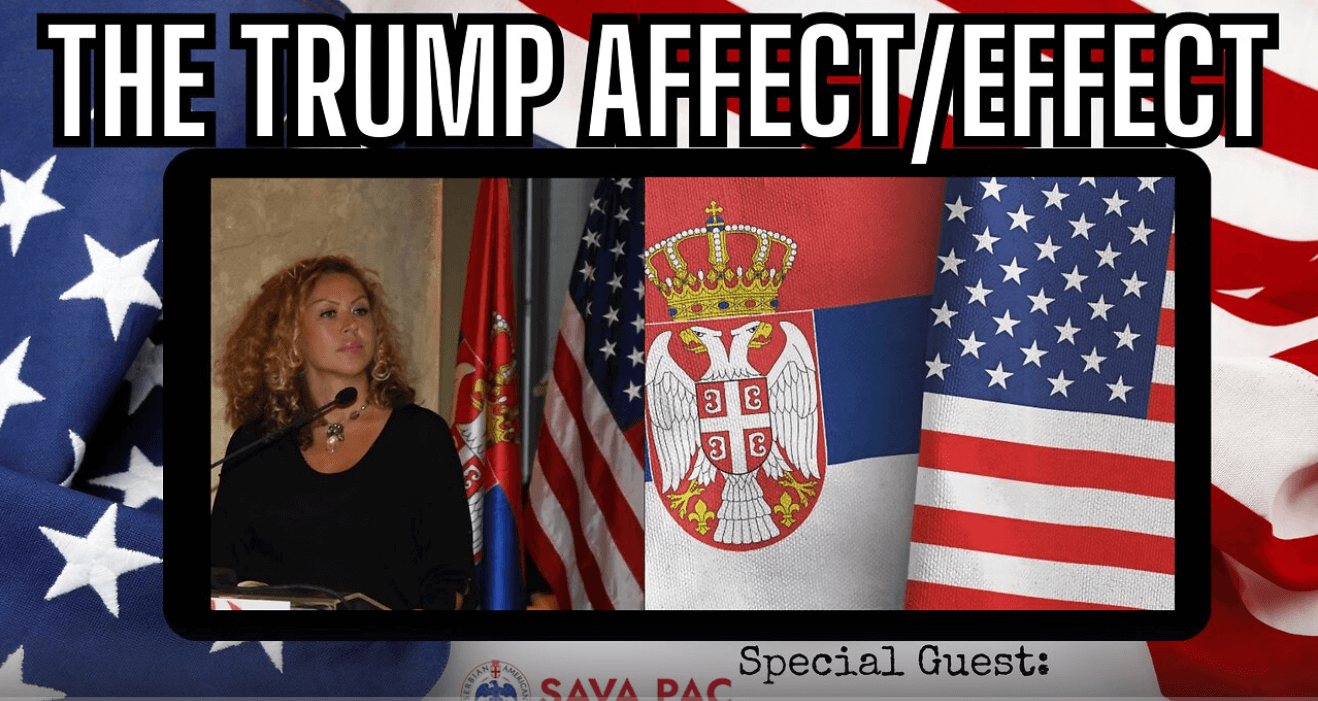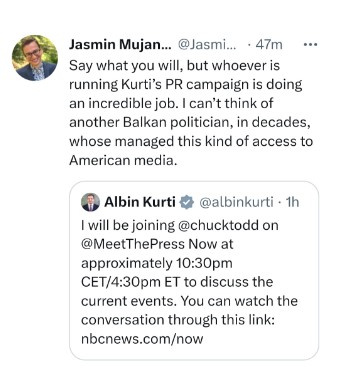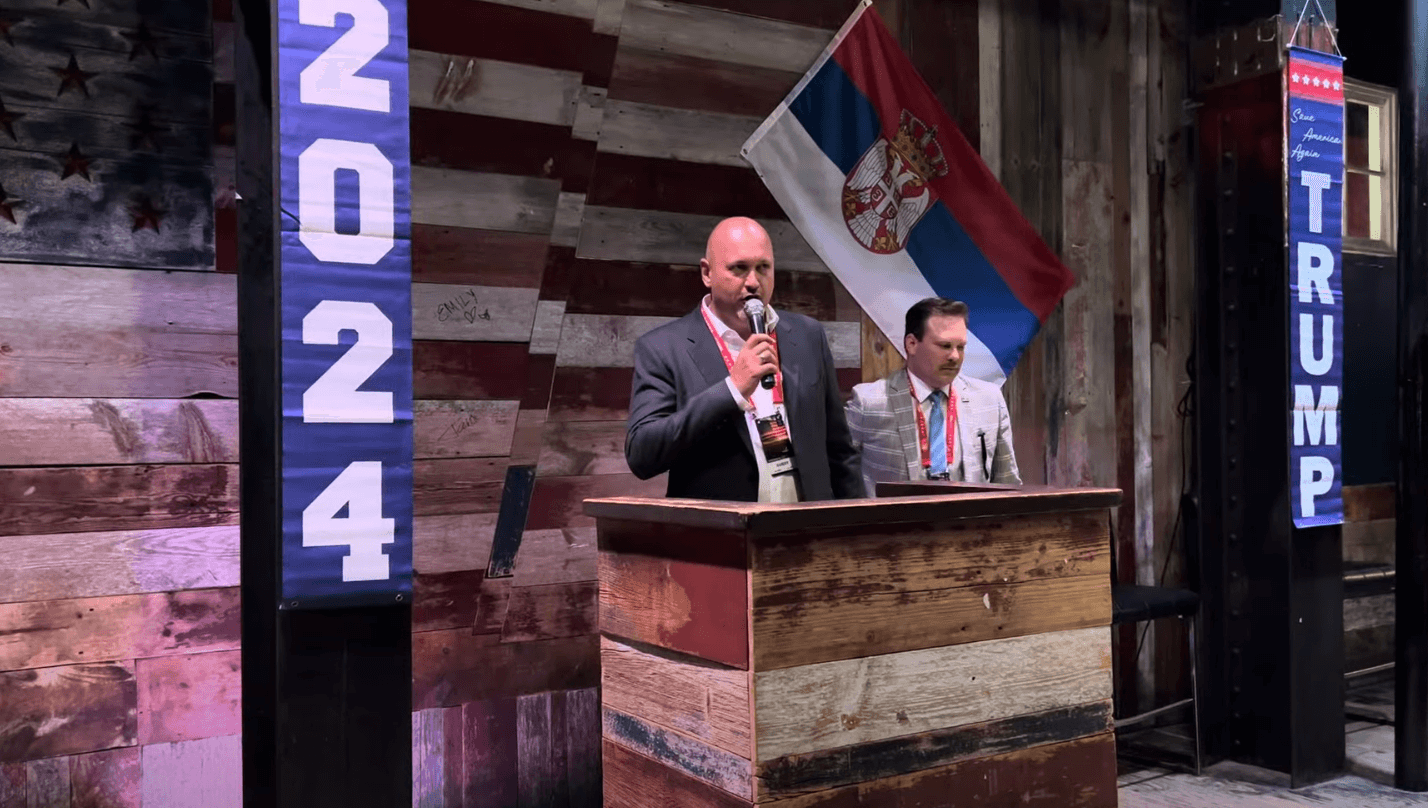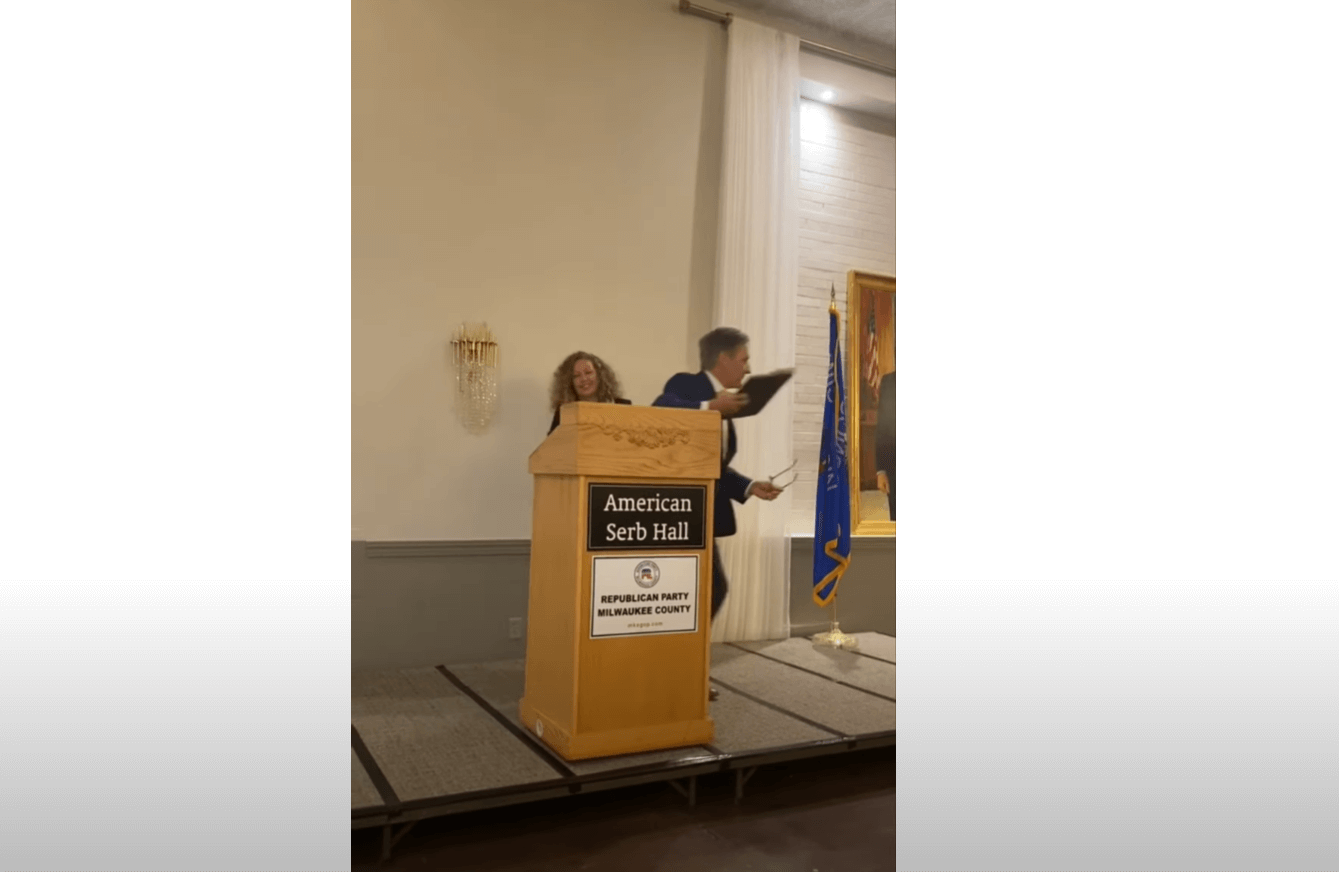
The TRUMP Affect/Effect on Global Stability w/ Special Guest Dr. Olga Ravasi
The TRUMP Affect/Effect on Global Stability w/ Special Guest Dr. Olga Ravasi In this post I am expressing my 1st Amendment Right of #FreeSpeech


The TRUMP Affect/Effect on Global Stability w/ Special Guest Dr. Olga Ravasi In this post I am expressing my 1st Amendment Right of #FreeSpeech

Serbs for Trump 2024 Deliver Wisconsin at the RNC Serbs for Trump 2024 team launches the Deliver Wisconsin initiative at the Republican National Convention, with

We The People 2024 Milwaukee Serbs for Trump 2024 campaign kick-off in partnership with the Milwaukee County GOP at the historic American Serb Hall, featuring
© SERBIAN AMERICAN VOTERS ALLIANCE (SAVA PAC) 2023. All Rights Reserved.
proudly developed by Serbian-American patriots at Executive Digital